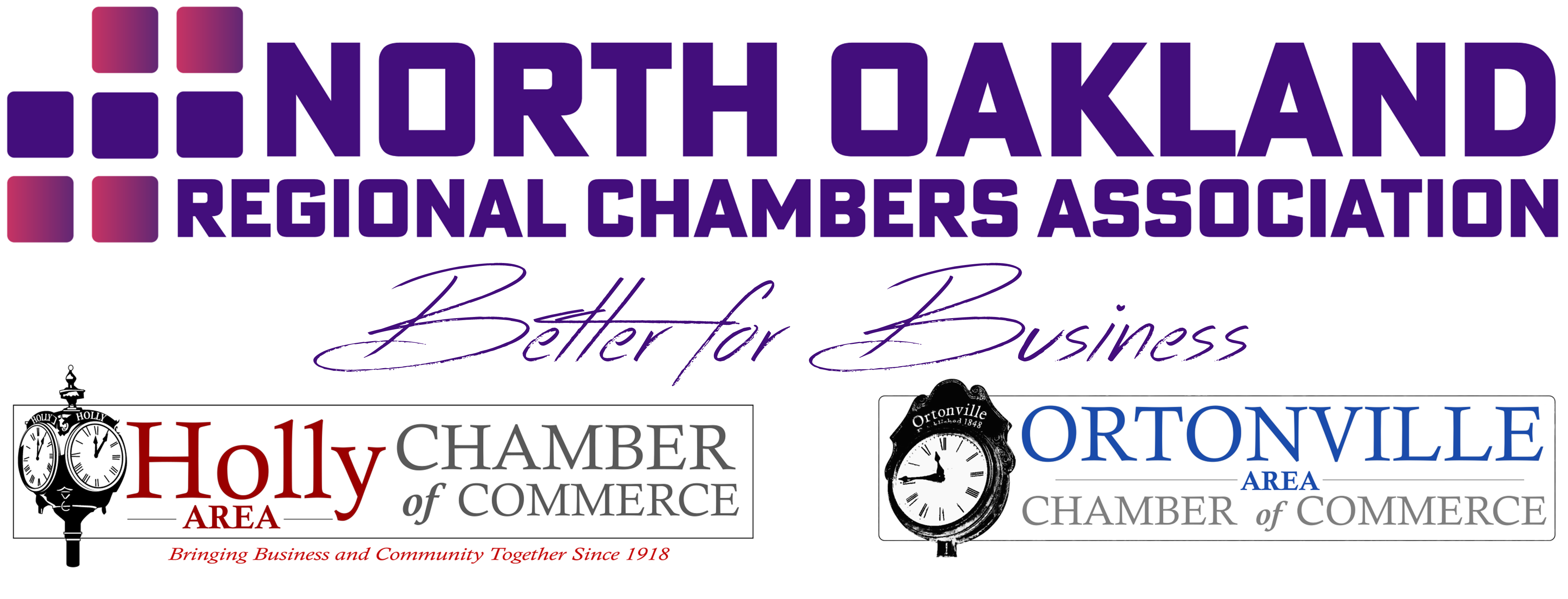These Are Essential Legal Steps for Entrepreneurs Launching a Business
Starting a new business is exciting, but without proper legal steps, entrepreneurs can face costly mistakes that jeopardize long-term success. From entity formation to contract protections, having a solid legal foundation helps prevent disputes, attract investors, and build credibility.
Step 1: Choose the Right Business Structure
Selecting a business entity (LLC, corporation, sole proprietorship, or partnership) impacts your taxes, liability, and growth flexibility. For example, an LLC protects personal assets, while corporations are often better for scaling with outside investors. The U.S. Small Business Administration offers guidance on business structures.
Step 2: Register and Protect Your Business Name
Registering your business name and securing a trademark ensures that competitors cannot legally use your brand identity. The USPTO trademark system is the primary way to claim federal protection.
Step 3: Include Risk-Shielding Agreements
A critical but overlooked step is adding hold harmless agreements to your business checklist. These contracts help safeguard your company from liability when working with partners, hosting events, or interacting with customers. They ensure one party agrees not to hold the other responsible for potential risks, reducing exposure to lawsuits and financial losses. To explore examples of enforceable agreements, click here.
Step 4: Get Required Licenses and Permits
Depending on your industry and location, you may need federal, state, or local permits. For example, food businesses often require health department approval, while construction companies need special contractor licenses. Check your city’s chamber of commerce for local requirements.
Common Legal Pitfalls to Avoid
-
Skipping contracts: Verbal agreements rarely hold up in court.
-
Ignoring tax registration: Forgetting to obtain an EIN or sales tax license can lead to penalties.
-
Commingling funds: Mixing business and personal expenses undermines liability protections.
-
Weak employee policies: Lacking proper HR documentation exposes you to compliance risks.
-
Delaying intellectual property protection: Competitors can claim your ideas if you don’t secure rights early.
Comparison of Legal Requirements by Business Type
|
Business Type |
Liability Protection |
Taxation Style |
Best For |
|
Sole Proprietorship |
None |
Personal tax return |
Freelancers, side hustlers |
|
LLC |
Strong |
Pass-through or corp. |
Small to mid-size growth businesses |
|
Corporation (C-Corp) |
Strong |
Corporate + dividends |
High-growth, venture-backed startups |
|
Partnership |
Limited (varies) |
Pass-through |
Multi-owner small businesses |
FAQ: Legal Basics for New Entrepreneurs
Do I need a lawyer to start a business?
Not always. Many filings can be done through state websites, but complex agreements or investor deals benefit from legal counsel.
What’s the difference between an LLC and a corporation?
LLCs are flexible and simple, while corporations are better for raising capital but involve more compliance requirements.
When should I trademark my brand?
Ideally, before launch, especially if your brand name is central to your competitive edge.
Are contracts necessary even with family or friends?
Yes. Written agreements prevent misunderstandings, even with trusted partners.
Conclusion
Launching a business without legal safeguards is like building on sand. By carefully choosing your entity, registering trademarks, drafting contracts, and adding protections like hold harmless agreements, you set up your business for stability and growth. Proactive legal preparation helps you focus on customers and opportunities—rather than costly disputes.
Join the North Oakland Regional Chambers Association to unlock unparalleled growth opportunities and connect with the vibrant North Oakland business community today!
This Hot Deal is promoted by North Oakland Regional Chambers Association.

